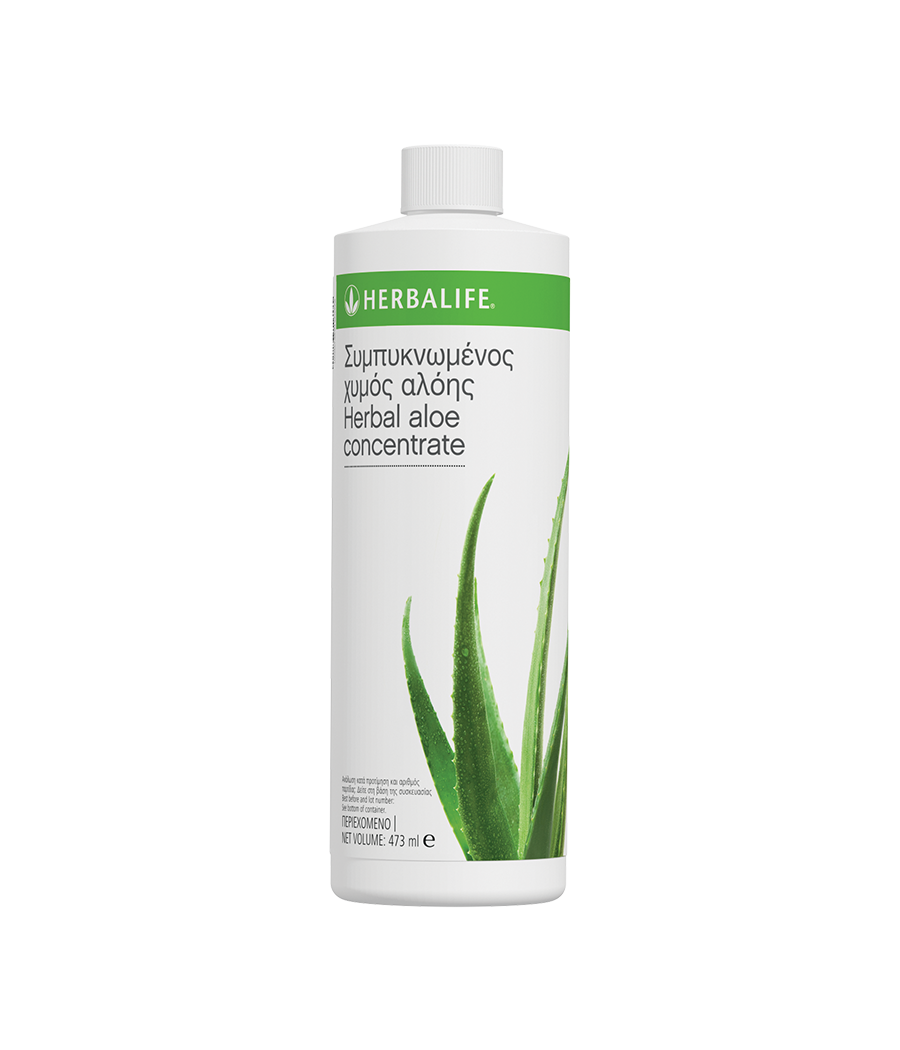Real estate: Major changes in leases, transfers, and Airbnb under the new tax bill
The new tax bill, which includes the updated Customs Code and was released for public consultation by the Ministry of National Economy and Finance, brings significant changes for property owners (and not only them). From rent payments to short-term leases and property transfers, the bill introduces measures aimed at greater control, transparency, and improved data cross-checking.
Starting from the 2026 tax year, all rental income from leases or subleases of properties will be required to be paid via a bank account declared to the Independent Authority for Public Revenue (AADE). While bank payments aren’t new (since 2020, they’ve been mandatory for commercial leases for the expense to be tax-deductible), this requirement now extends to residential leases. The government believes this will make the market more transparent and accurately reflected.
The bill sets out penalties for those who ignore the banking payment requirement: landlords lose the right to deduct related expenses, tenants become ineligible for state housing benefits and tax relief linked to the property, and businesses will not be able to count the rent as a deductible business expense unless paid through the bank. Further details and exceptions will be specified through ministerial decisions.
Facilitations in property transfers
If an individual seeking tax clearance is jointly liable for a company’s debts, any debts of the company that are either settled or suspended won’t be taken into account — provided the individual didn’t own over 5% (or 0.5% for listed companies) in the last two years. If they did have such participation, clearance will require withholding up to 7% of the
Content Original Link:
" target="_blank">






































![Άγιος Παντελεήμονας: Έκρηξη σε κατάστημα υγειονομικού ενδιαφέροντος με δύο τραυματίες [βίντεο]](https://www.ingr.gr/images/joomgrabber/2025-08/8589233a8f.jpeg)












